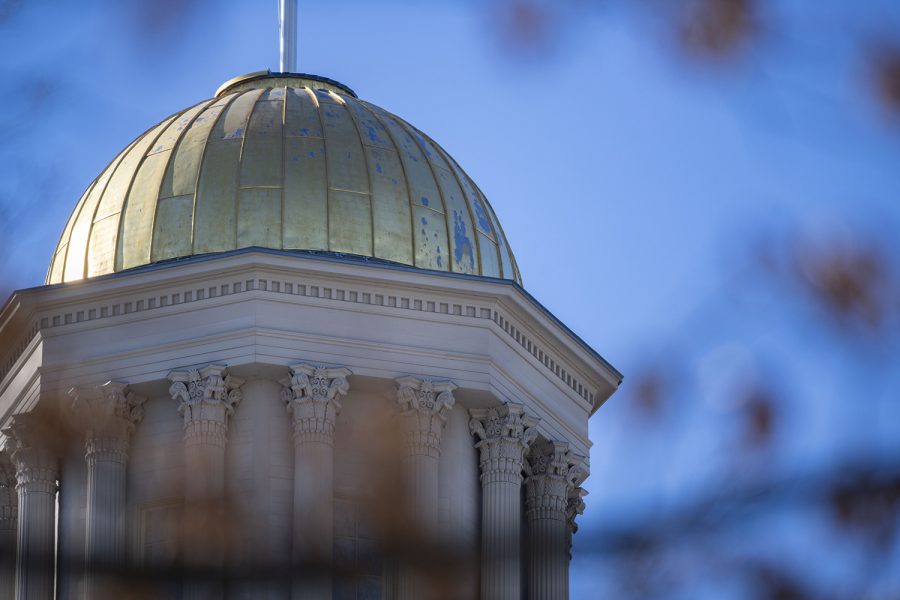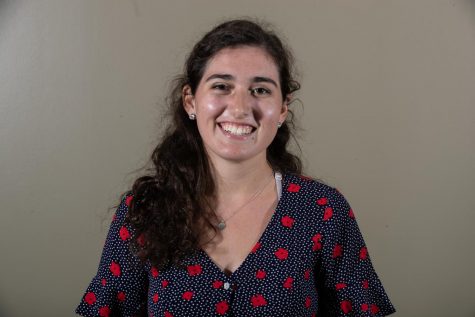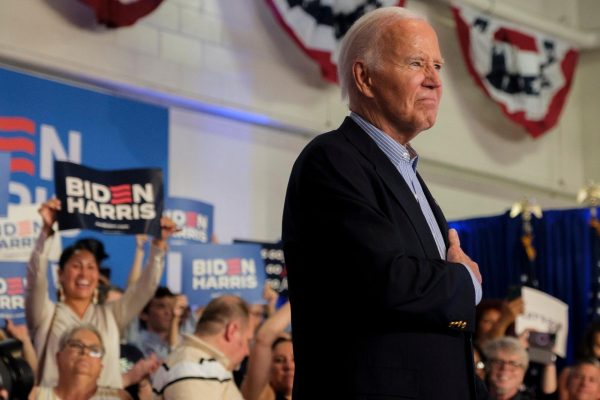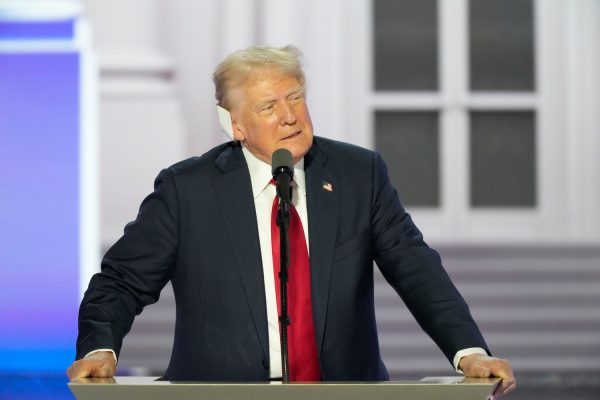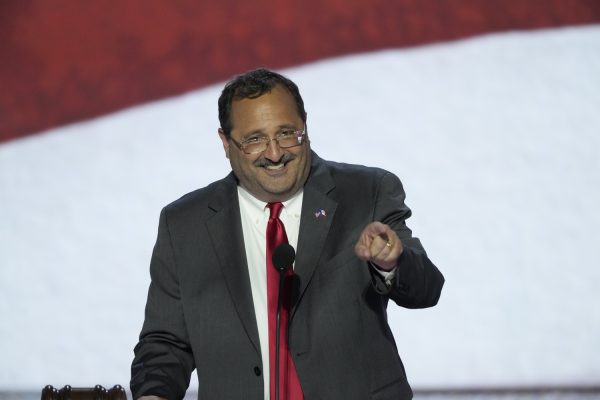UI professors violated ethics policy, free speech, investigation finds
Three University of Iowa College of Public Health professors were determined to have violated the UI’s ethics policy, after threatening punishment against a student who made remarks classmates found to be homophobic.
The Old Capitol dome is seen on Tuesday, Jan. 25, 2022.
February 3, 2022
An investigation found that three University of Iowa professors violated the university’s ethics policy after threatening a graduate student with discipline because of remarks he made that fellow students found to be homophobic.
Jacob Johnson, a second-year graduate student in the Occupational and Environmental Health department, lodged a formal complaint against the university in November, assisted by the Kirkwood Institute, a conservative public-interest law firm.
The complaint, written by attorney Alan R. Ostergren, alleges that Johnson’s due process rights were violated, and that the professors involved violated UI policies about academic freedom, and free speech rights provided by the Iowa and U.S. constitutions.
According to the UI’s investigation documents, which Ostergren published online, a group of students emailed professor Patrick O’Shaughnessy, UI College of Public Health director of graduate studies, on Sept. 23, expressing concerns with some of Johnson’s remarks. The students alleged Johnson told students they were “immoral” for not having the same religious beliefs.
The students wrote in their email they felt one student in particular was targeted by Johnson’s remarks, which they felt could be due to homophobia.
“Me and a few others do not feel comfortable going to class with him and sitting next to him as he states unprofessional comments. We feel this is a hostile learning environment since we all feel targeted,” the student, whose name was redacted from the documents, wrote.
In the complaint, Ostergren wrote that Johnson participated in a conversation with various students about their world views.
“During the conversation, Mr. Johnson expressed, as it is fully his right to do, his view that homosexual conduct was one of many sins committed by people,” he wrote. “Nothing about his comments was directed toward any particular student.”
O’Shaughnessy, Johnson’s academic advisor, forwarded the email he received to Margaret Chorazy, associate dean for academic affairs for the College of Public Health, and Peter Thorne, head of the Department of Occupational and Environmental Health. Chorazy and Thorne are also named in Johnson’s complaint.
Chorazy wrote in her reply to O’Shaughnessy that she was concerned Johnson’s remarks could constitute harassment and recommended he reach out to the UI’s Office of Institutional Equity.
According to the investigation, O’Shaughnessy called the Office of Institutional Equity but did not receive a response. After reviewing the university’s operations manual, O’Shaughnessy decided the best course of action would be to talk to Johnson about the complaints to prevent them from escalating.
O’Shaughnessy brought up the students’ concerns with Jonhson’s remarks at an already scheduled advising appointment with Johnson.
“I heard you say that you have engaged in conversations of a theological nature with some students that may have been perceived as judgmental, but that was not your intent. I also heard you apologize for causing this situation,” O’Shaughnessy wrote in an email to Johnson summarizing their meeting on Sept. 29.
In his email to Johnson, O’Shaughnessy wrote that there would be a “zero tolerance” policy going forward, and if there were further incidents, Johnson would need to meet with Chorazy.
Johnson filed his complaint against O’Shaughnessy, Chorazy, and Thorne on Nov. 18.
The investigation into the incident concluded that O’Shaughnessy did not thoroughly investigate the students’ complaint, and threatening consequences to Johnson violated his free speech rights.
“O’Shaughnessy’s actions were shaped by his attempt to resolve the students’ concerns at the lowest level possible, avoiding an escalation of the situation,” the investigation report read. “However, in doing so O’Shaughnessy neglected to thoroughly investigate and review UI policies prior to taking action.”
The investigation concluded Chorazy and Thorne also violated policy because they supported O’Shaughnessy’s plan to speak with Johnson.
In a Feb. 2 press release from the Kirkwood Institute, Johnson said he is glad the university corrected its actions, but that the incident should not have happened in the first place.
“I worry that other students have been similarly mistreated but did not have the ability to find a lawyer to help them with their case,” Johnson said, “I look forward to continuing with my studies without having to hide who I am or what I believe.”
In a statement, UI spokesperson Jeneane Beck said the university is committed to the first amendment and strives to be an inclusive environment for all.
“The faculty acted in good faith as they attempted to balance the rights of all individuals on campus. Mr. Johnson filed a complaint, and the university followed its processes appropriately,” Beck wrote.
The UI has been involved in several other free speech cases recently. In May, federal appeals court ruled that the university violated the first amendment rights of the student organization Business Leaders in Christ after the university-sanctioned group denied a leadership position to an openly gay student because of his sexual orientation.
In July, a federal appeals court also ruled that UI administrators could not receive qualified immunity after the university deregistered InterVarsity Christian Fellowship for requiring its leaders to be Christians.
In the complaint, Ostergen cited these two cases and said the university has not responded to the messages it received from federal courts.
“I do see this as a pattern, but it is important to acknowledge that our complaint was treated properly and the correct result was reached,” Ostergren wrote in an email to The Daily Iowan. “This situation shows that more work needs to be done to train faculty and administrators on free speech issues.



